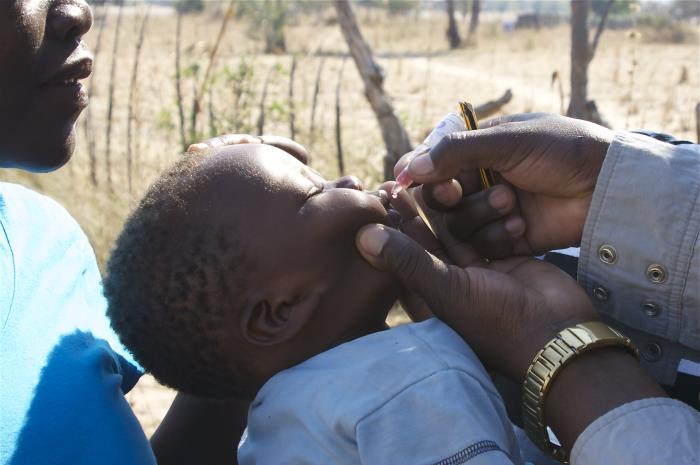According to the World Health Organization, early analysis of campaign data points to a successful vaccination round in a polio-free country at risk of possible importation.

Image/Michael Washington, PhD, Health Scientist, NCEZID
In the last week of October, Djibouti’s Ministry of Health, working with WHO, UNICEF and other partners, successfully carried out the country’s first polio National Immunization Days (NIDs) since 2015.
While Djibouti has not had a case of polio since 1999, the recent outbreak of polio in neighbouring countries in the Horn of Africa, and the low levels of routine immunization coverage in some areas in the country, are indications that Djibouti is still at risk if poliovirus spreads through population movements. Other countries in the Horn of Africa are already cooperating to control the existing outbreak and to reduce the risk of spread, and given that Djibouti is on a major migration route in the Horn of Africa, it makes a lot of sense for Djibouti to join this coordinated response.
- Singapore’s investigation into a Salmonella outbreak at Spize Restaurant
- Yellow fever in the Americas: Cases since 2017 the highest in decades, a look at Brazil
- Massachusetts: Hepatitis A advisory issued in Worcester
- Michigan reports 1st Acute Flaccid Myelitis case in Wayne County child
- Fiji reports typhoid outbreak in Naitasiri
- West Virginia hepatitis A outbreak tops 2,000 cases
- Australia: NSW health issue cryptosporidiosis warning

